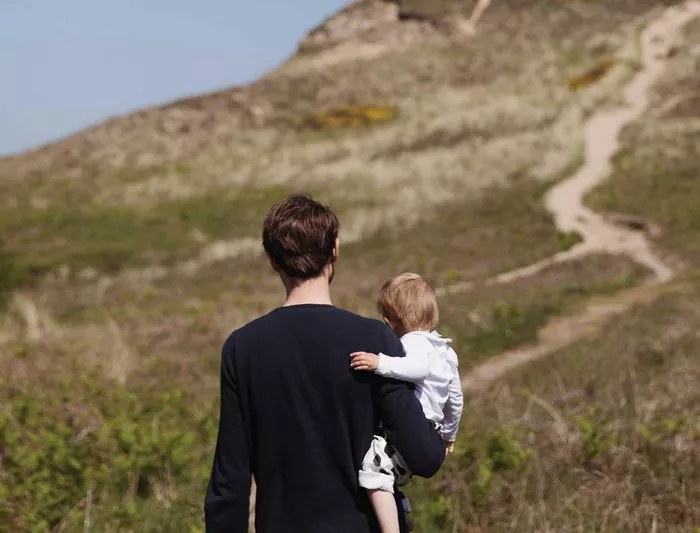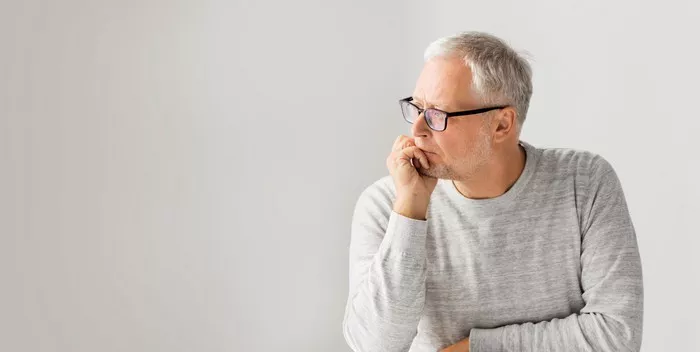Polycystic ovary syndrome (PCOS), the most common hormonal disorder among women of reproductive age, is a condition that many individuals face in silence. Celebrities like Keke Palmer and Lea Michele have publicly opened up about the toll PCOS has taken on their lives, from skin issues to fertility struggles. However, the realities of living with PCOS extend beyond the headlines, with many women experiencing both physical and emotional challenges.
Alicia Wilson, a 27-year-old social media manager from North Carolina, recalls a harrowing experience during her freshman year of college when a cyst ruptured, causing excruciating pain. She had previously suffered from common PCOS symptoms, including rapid weight gain, excessive hair growth, and ongoing abdominal discomfort, but her concerns were often dismissed by doctors. It wasn’t until the cyst ruptured that she was diagnosed, a turning point that Wilson now uses to advocate for other women struggling with the condition. “It is really important for women to advocate for getting that diagnosis,” Wilson says, noting that many doctors overlook PCOS despite its prevalence.
Like Wilson, Thalia LeBlanc, a Dallas-based content creator, faced years of doubt and frustration in seeking a diagnosis for her symptoms, which included irregular periods and excess facial hair. After years of visits to doctors who dismissed her concerns, LeBlanc finally found a supportive doctor who confirmed the PCOS diagnosis. “When she walked out of that room, I literally just started bawling my eyes out,” says LeBlanc. “I was finally believed.”
This experience underscores the barriers women of color often face in receiving accurate diagnoses, especially when symptoms are dismissed or misattributed to other causes. LeBlanc’s story mirrors those of many other women who share their PCOS experiences online to raise awareness, build support communities, and empower others to seek help. She created an online space where women with PCOS, or “cysters,” could connect, share advice, and find solidarity in the shared challenges of the condition.
Meredith Harris, a 32-year-old from Baltimore, also struggled for years with managing her PCOS. Diagnosed in her early 20s, Harris received minimal guidance from her doctors. “My doctor said there was nothing she can do for me, just diet and exercise,” Harris recalls. It wasn’t until Harris was ready to start a family that she sought fertility treatment, which led to a two-year journey before she conceived. Afterward, she began making lifestyle changes that improved her symptoms, including a healthier diet and reducing processed foods. Harris also became more open about her struggles online, gaining confidence and finding support from others with similar experiences.
These personal stories highlight a critical issue: while there is no cure for PCOS, many women manage the condition through lifestyle changes, medication, and, importantly, by sharing their stories. For women like Harris, Wilson, and LeBlanc, building awareness about PCOS has become not just a personal journey, but a mission to help others who may feel isolated or unsure about their own health. By speaking out, they hope to create a future where women no longer feel ashamed of their PCOS symptoms and are empowered to seek the help and support they need.
Though PCOS remains an under-discussed condition, the growing number of women sharing their experiences online is helping to break the silence, allowing for a more open conversation about this common yet often misunderstood disorder. With proper diagnosis and support, those affected by PCOS can lead fulfilling lives, free from the stigma that once surrounded the condition.
Related topics:
Gut Microbe Discovery Sheds Light on Progesterone Metabolism and Fertility Challenges
Israeli AI Startup BAIBYS Gains CE Mark Approval for Autonomous Sperm Selection System
The Isolation of Ectopic Pregnancy: A Silent Struggle That Needs to Be Heard

























